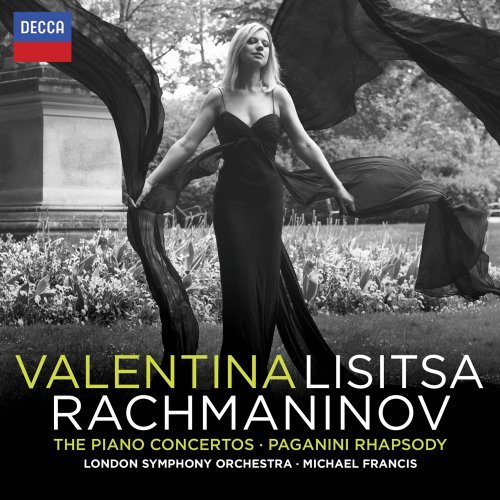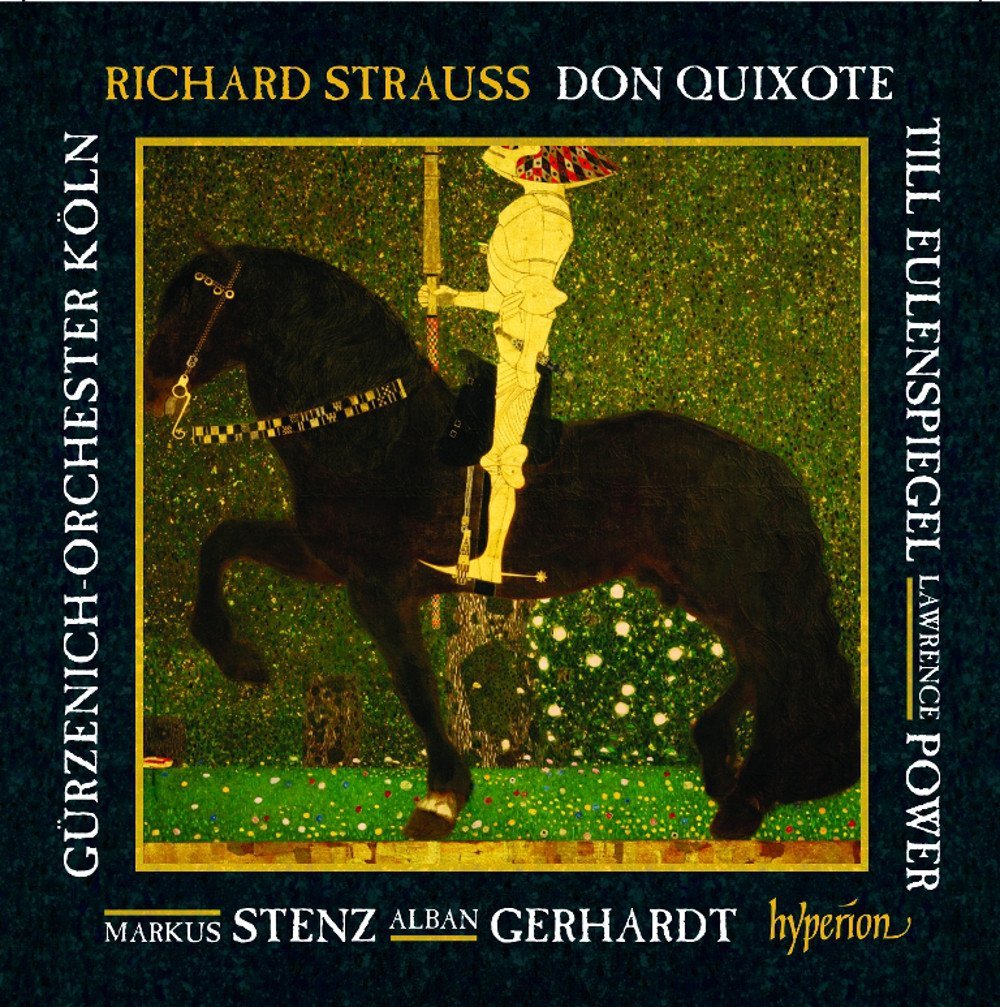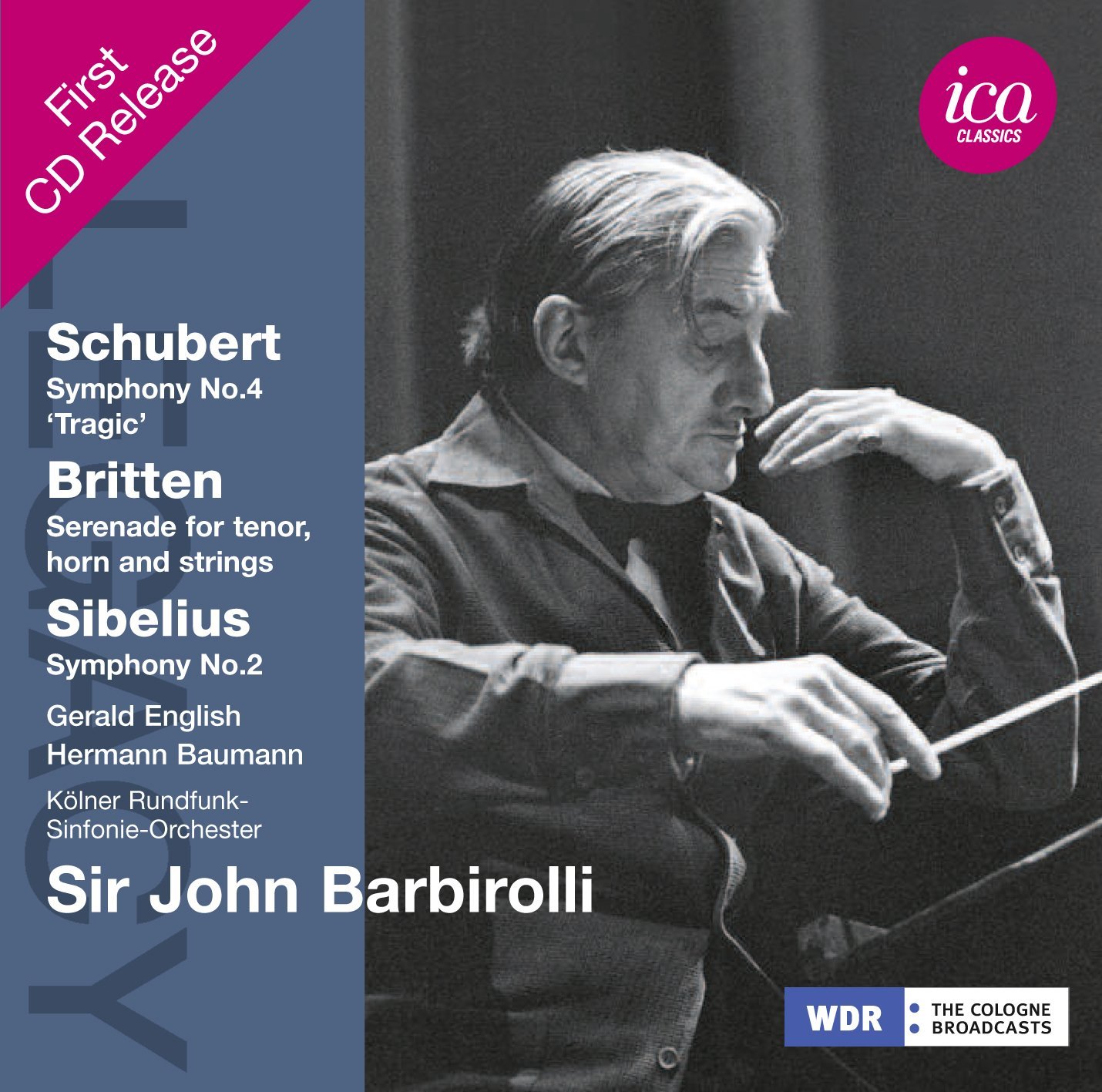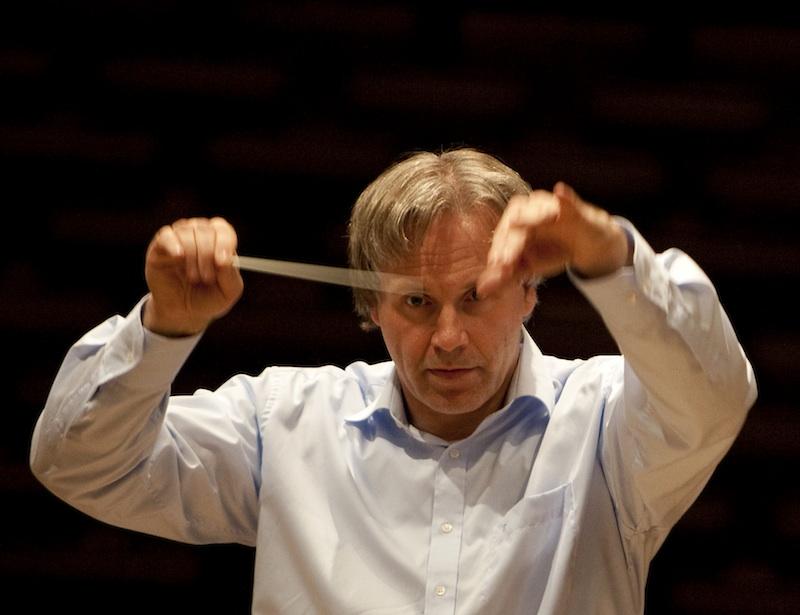
Read the press notes before listening to this double CD and you’d be forgiven for feeling some trepidation; Valentina Lisitsa is a Ukrainian pianist who was catapulted to megastardom via the medium of, er, YouTube. Then you find out that time constraints prevented Lisitsa from meeting conductor Michael Francis before the sessions. He had to make do with emailled video clips. So it’s a delight to report that much, though not all, of the music making captured here is terrific. Take Lisitsa's traversal of Rachmaninov’s underrated Concerto no 1, a Grieg-inspired romp which rarely sounds this youthul. Tempi are swift, with pianist and orchestra perfectly synchronised. The results are impetuous and infectiously upbeat, every rhythmic kink in the Allegro vivace finale negotiated with swagger. It’s lovely. As is the quirky final concerto, an eloquent musical shrug which sounds like a farewell, a despairing musical throwing up of hands. Lisitsa refuses to wallow, accentuating Rachmaninov’s jazzy boldness and dark humour. And again, she nails the last movement’s erratic gear shifts and extraordinary, helter skelter coda. Both works need this sort of advocacy.
Turn to the better known Second and Third Concertos and the playing is far less distinctive. Both works can accommodate a bit of schmaltzy malingering and Lisitsa’s impulsiveness can suggest that she’s in a hurry to catch the plane home. Rachmaninov’s own recordings are swift, but he managed to invest every phrase with just a touch more meaning. Still, the finale of Lisitsa’s Third is brilliantly exciting. Her Paganini Rhapsody is fine when fast and percussive, less persuasive in the more ruminative sections. The recorded sound is bright and detailed. Buy this for the 1st and 4th concertos.

Don Quixote is the most elusive of Strauss’s tone poems. It’s devoid of the swaggering bluster that enlivens Ein Heldenleben and Don Juan. The textures are lucid, transparent – closer to Mahler than usual. There are no big swooping horn descants. Strauss himself saw the work as complementary to Heldenleben, a depiction of heroism in variation form more ironic than triumphant. He envisaged that the important solo roles for cello and viola would be taken by orchestral principals. This rarely happens, and here we have cellist Alban Gerhardt and violist Lawrence Power. They’re both magnificent, and neither distorts the work's shape with excessive ego displays. This is a sublime, idiomatically phrased performance, given by the very orchestra which premiered the work. So you’d expect something special. The moments of quiet rapture are divine – the third variation’s beauty may provoke tears in sensitive listeners. The high points are too numerous to list, and include an awe-inspiring Ride through the air and a death scene painted with wit and tenderness.
The Gürzenich-Orchester also gave the first performance of the compact Till Eulenspiegel. If Quixote needs a conductor who can maintain the tension over 45 minutes, Till requires deftness and the ability to change mood and direction with mercurial ease. Markus Stenz shows his credentials best when Till is caught and sentenced, rasping lower brass projecting real terror. It all ends happily. The recording is rich, warm and detailed. Michael Kennedy’s notes are excellent. Unmissable.

Long associated with Manchester’s Hallé Orchestra, Sir John Barbirolli enjoyed a blossoming international career in his final years. He conducted the Berlin Philharmonic regularly, and was a frequent visitor to Cologne, where this concert was taped in February 1969. You don’t listen to Barbirolli performances expecting technical perfection; his Hallé recordings are often notable for shaky ensemble and fluffed entries. But, at his best, he was a charismatic, inspirational musician, one able to make the oddest tempo choice or clumsiest transition sound totally convincing. The rarity here is a compelling performance of Britten’s Serenade. Barbirolli often performed Britten’s music, but never felt that the composer gave him much credit. Horn player Hermann Baumann’s playing is stunning in its agility, his sound miles away from that made by Dennis Brain. Tenor Gerald English was unknown to me. His vocal timbre is clear, well-enunciated and youthful, contrasting with Barbirolli’s weighty, autumnal take on the piece. The open-minded will find it revelatory; hearing the shadows close in and the temperature drop at the end of the Pastoral is chilling. The Elegy and Dirge are oppressive and claustrophobic.
Barbirolli’s defiantly trenchant, smouldering Schubert 4 is a guilty pleasure. Better still is the conductor’s final performance of a favourite work, Sibelius’s Symphony no 2. Craggy, expansive and heartfelt, this is a supremely enjoyable, moving experience. Barbirolli’s coda is magnificently rousing, despite a dangerously broad basic speed. All captured in good stereo sound.















Add comment